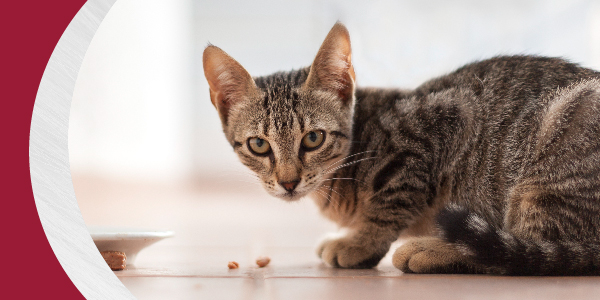
Pet Obesity Awareness
Losing weight seems to be on just about every other person’s to-do list for the new year—but humans aren’t the only ones with an excess poundage problem. According to the Association for Pet Obesity Prevention, 59% of cats and 54% of dogs in the U.S. are overweight or obese.
There are also things you can do for your best friend as well! Here are some steps to take to make sure your pet doesn’t turn into a rotund, unhealthy mass of fur and fat:
Measure your pet’s food to make sure you’re not overfeeding
Place food into toys that require interaction with your dog or cat to receive a food reward (food puzzle)
Hide kibble around the house so that your cat must hunt for food, or put it high on a kitty tree
Spread meals out throughout the day (but make sure the total amount fed for the day is the correct amount)
Play with your cat or dog using love and attention, not treats
If you’re concerned about your pet’s weight or have questions about feeding and exercise, don’t hesitate to schedule an exam online or call us at (903) 617-6891.
